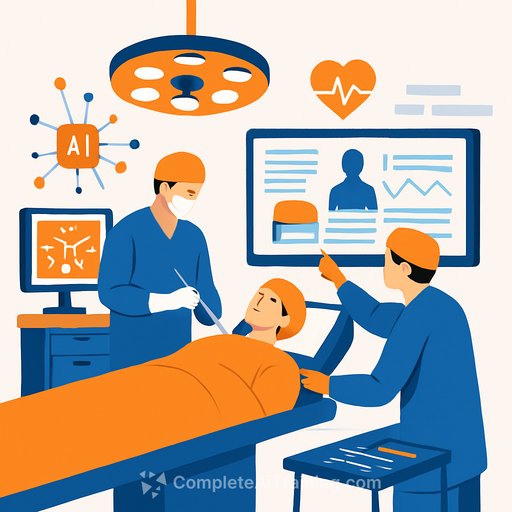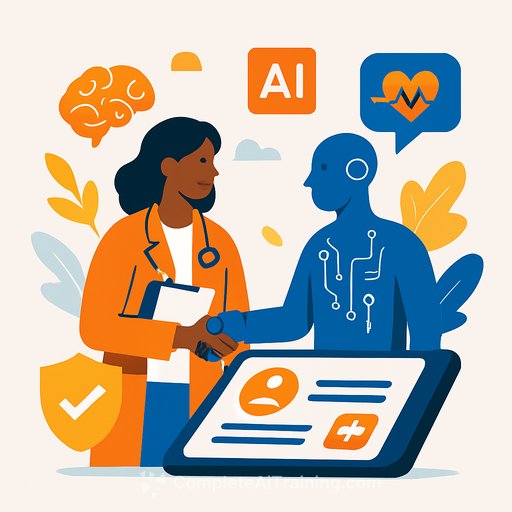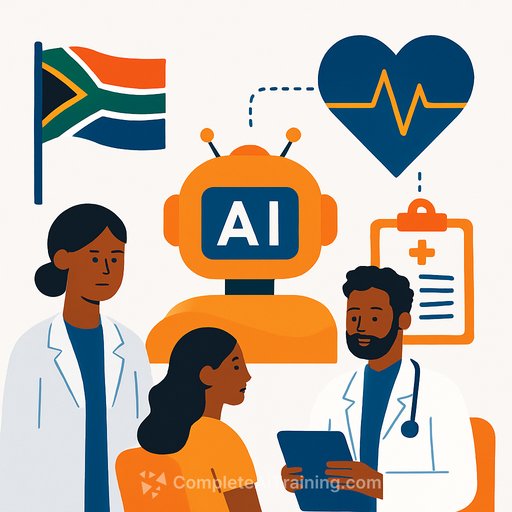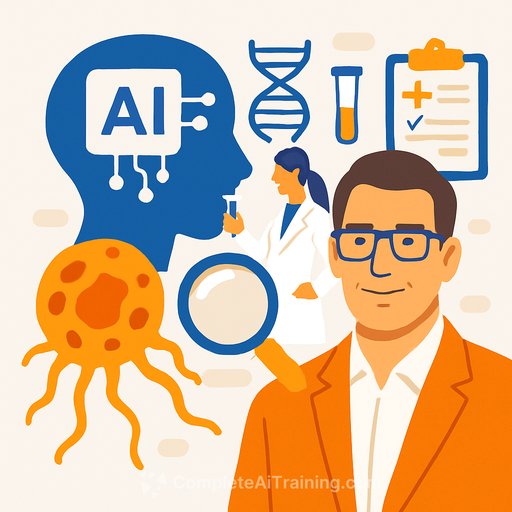China Launches First Fully AI-Operated Virtual Hospital Transforming Healthcare Delivery
China’s first fully AI-powered virtual hospital offers diagnosis and treatment across 21 specialties with over 93% accuracy. It serves patients and trains medical students efficiently.
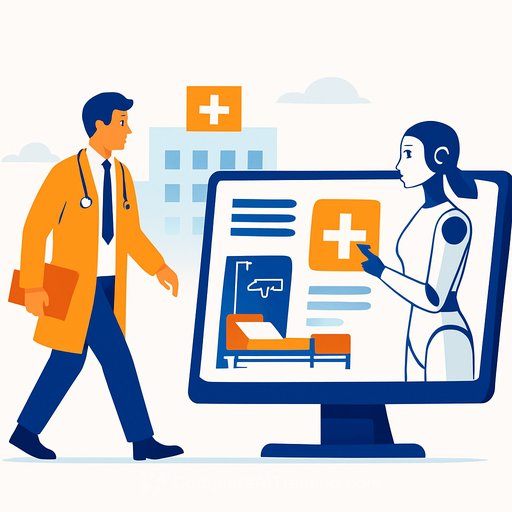
China Launches the First Fully AI-Powered Virtual Hospital
China has introduced the world’s first fully AI-driven virtual hospital, a major milestone in healthcare technology. Created by Tsinghua University, the “Agent Hospital” operates solely through AI doctors and nurses, providing end-to-end healthcare services—from diagnosis to treatment—with notable accuracy and speed.
A New Chapter in AI-Driven Healthcare
The Agent Hospital, developed by Tsinghua University’s Institute for AI Industry Research, marks a significant breakthrough. Unlike AI tools that support human physicians, this system functions as a complete virtual hospital with 42 AI doctors covering 21 medical specialties, including cardiology, pediatrics, and neurology.
Dr. Michael Chang, a digital health researcher at Stanford University, highlights its potential: “This technology could expand healthcare access worldwide, especially in areas with doctor shortages.” He also stresses the need for strict safety measures to ensure AI supports rather than replaces the human side of medicine.
Diagnostic Accuracy Comparable to Human Doctors
The AI doctors at Agent Hospital have scored over 93% on standard U.S. medical exams, surpassing expectations for early-stage medical AI systems. Their performance rivals that of experienced physicians in certain fields. This development echoes other AI advancements, such as Meta’s AI glasses that facilitate communication across multiple languages, showing AI’s growing role in critical services.
Exceptional Efficiency in Patient Care
- Handles up to 10,000 patients within days
- Performs tasks that would take human doctors years
- Operates continuously without fatigue
- Delivers consistent results across all cases
Dr. Lisa Wong, a medical AI specialist at Massachusetts General Hospital, explains, “The system acts like a massive neural network of medical knowledge, offering thousands of specialist consultations simultaneously at speeds impossible for humans.”
Training Future Medical Professionals
Beyond patient care, Agent Hospital serves as an advanced training tool for medical students. It offers risk-free practice with a wide range of simulated cases, including rare diseases that students rarely encounter during traditional education. This approach reflects how technology is reshaping medical training.
Addressing Ethical and Practical Challenges
Introducing AI in healthcare brings important ethical questions:
- Protecting patient data privacy and security
- Ensuring human oversight on critical decisions
- Mitigating algorithmic biases
- Defining clear liability rules
Healthcare regulators must carefully evaluate these factors before broad adoption, ensuring safety and trust in these systems.
Looking Ahead: AI’s Role in Healthcare Delivery
Agent Hospital provides a clear example of how AI could become integral to healthcare. While AI can process vast amounts of data quickly and accurately, the empathy and judgment of human caregivers remain essential.
As AI tools improve access, diagnosis, and efficiency, healthcare professionals must thoughtfully integrate these technologies. The goal is to enhance care without losing the human connection that defines medicine.

